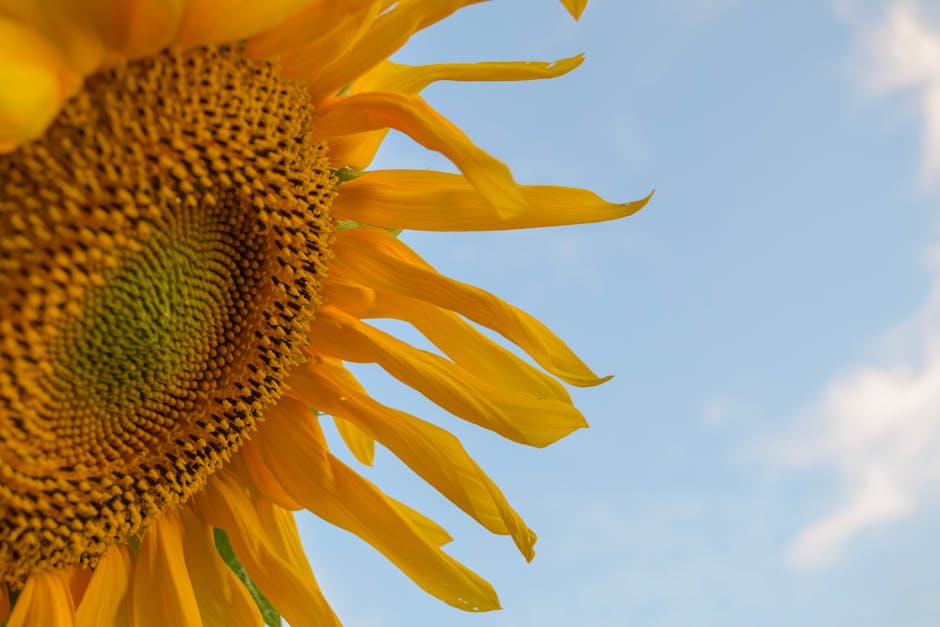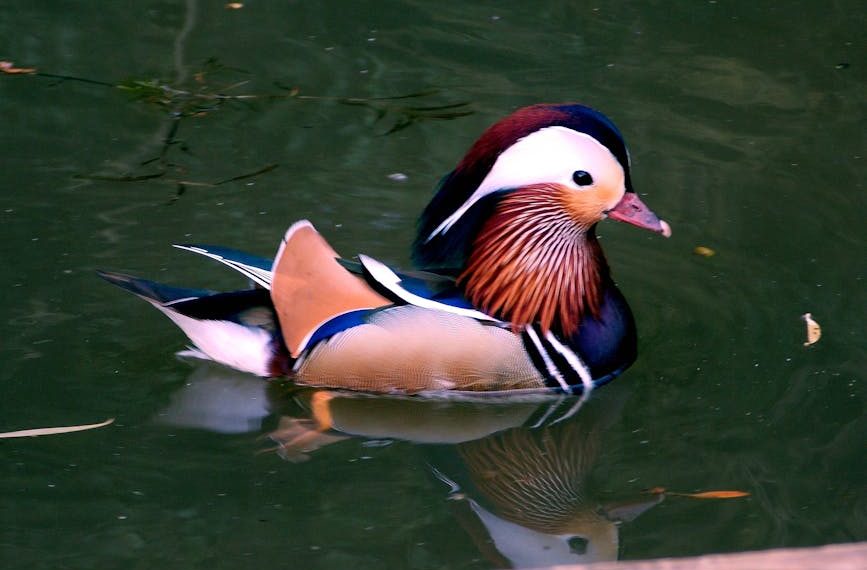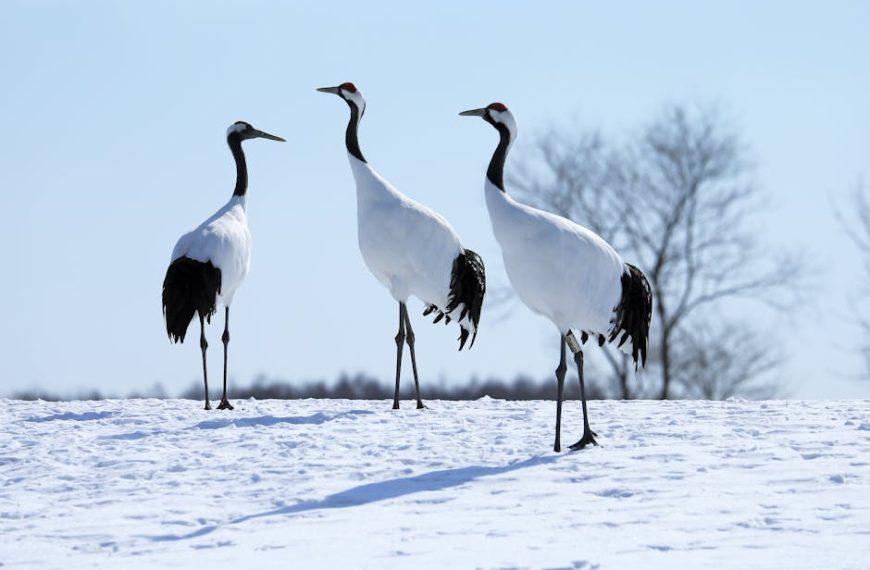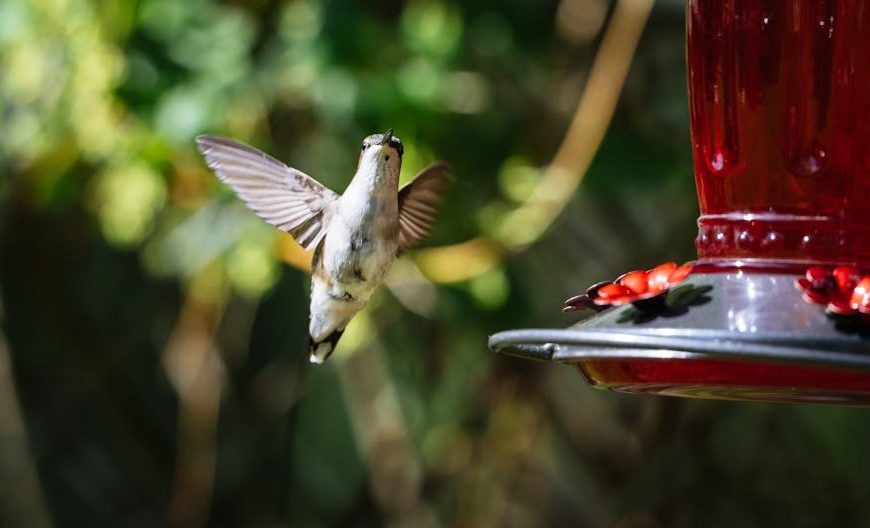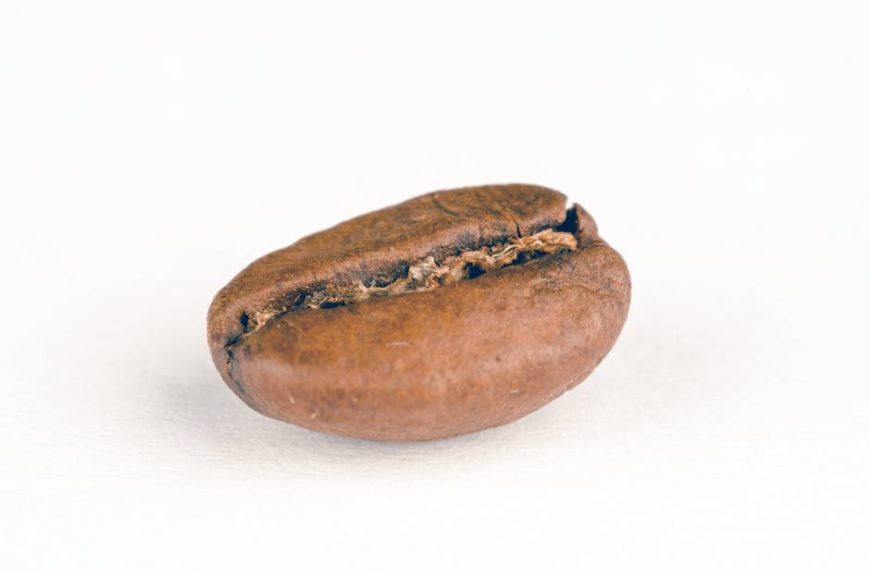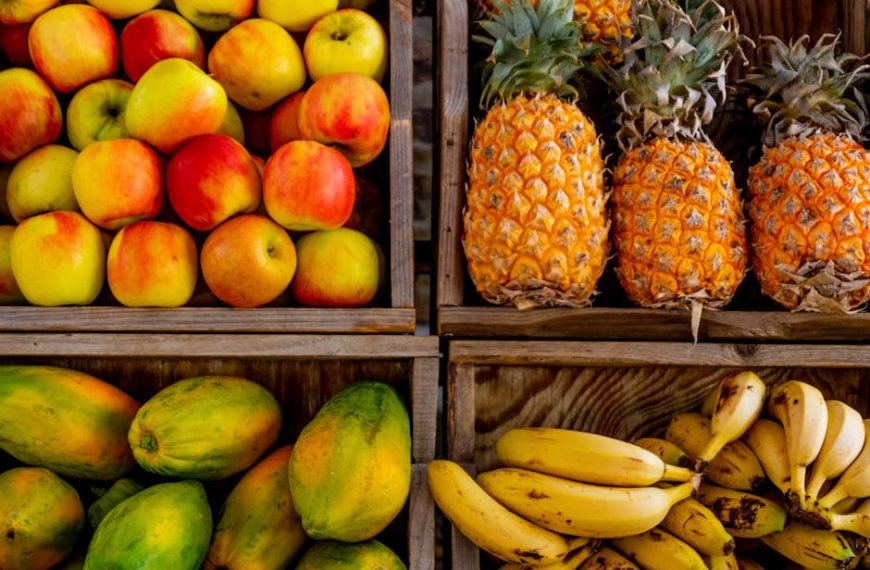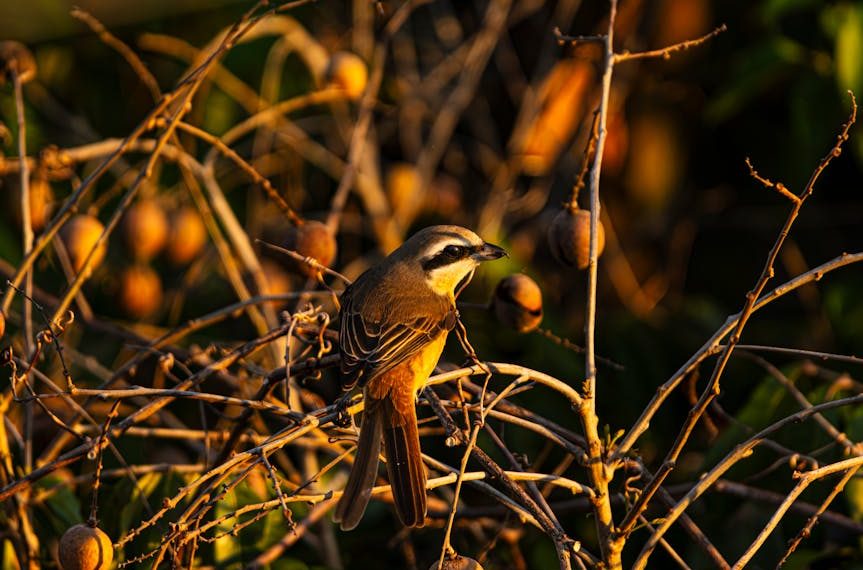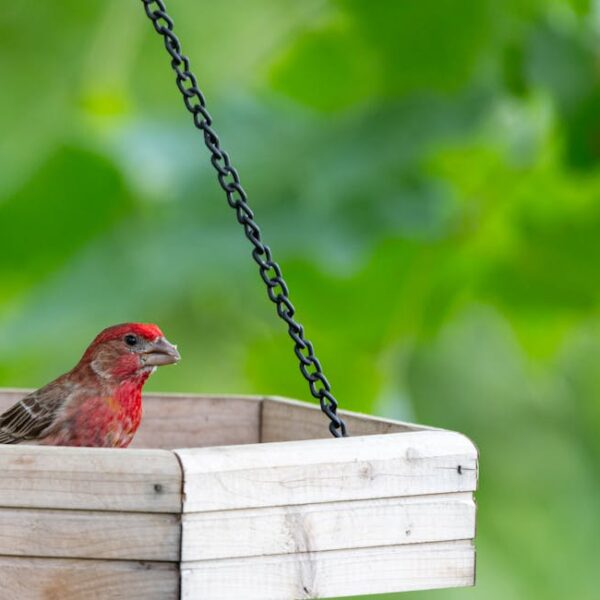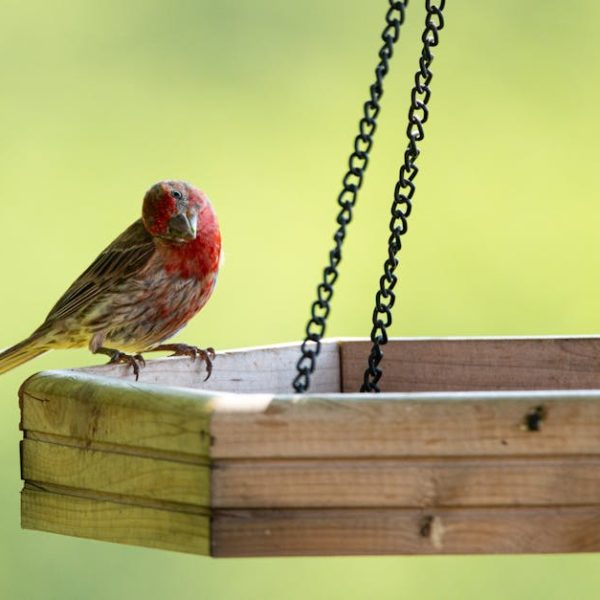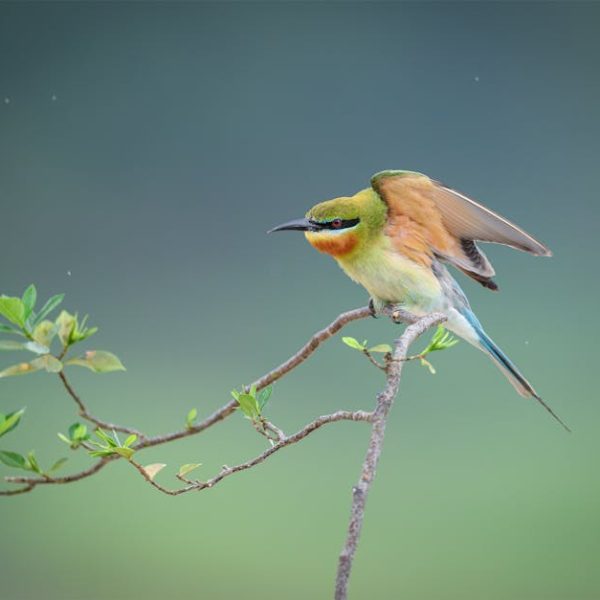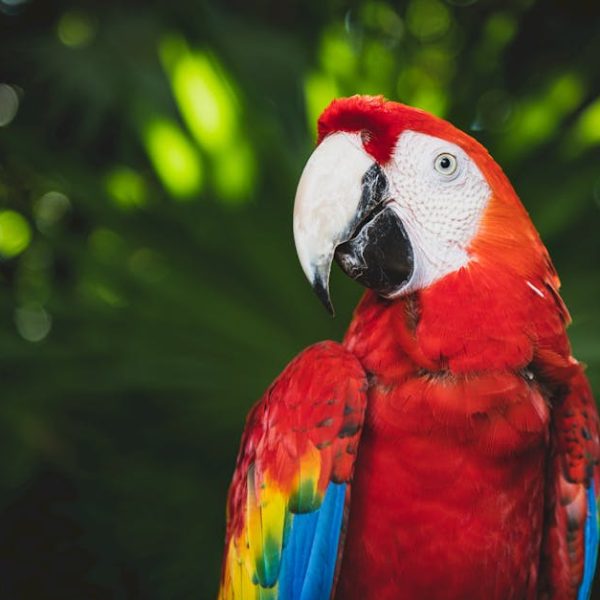In the canvas of nature, birds add color, music, and joy to our everyday life. Sunflowers, with their radiant yellow petals and seeds packed with rich nutrients, attract an extensive variety of birds. Certain bird species such as Cardinals, Blue Jays, and American Goldfinches are particularly attracted to sunflower seeds and frequent gardens, where these sunflowers grow. Why are sunflower seeds such a favorite among these birds? It begins with the abundant nutrition they offer.
Birds Attracted to Sunflower Seeds: The Highlights
As you venture into the fascinating world of bird-watching or care about our feathered friends’ dietary needs, you’ll quickly notice a pattern. Some of the most common birds drawn to sunflower seeds include:
- Cardinals with their vibrant red plumage,
- Blue Jays, easily recognized by their crested blue feathers and white chest,
- And the colorful American Goldfinches, who delightfully feast on these seeds.
The reason for their attraction to these seeds is simple – they are great sources of sustenance.
Pro Tip: Offering sunflower seeds is an excellent way to attract these birds and many others to your yard or garden. They provide the essential nutrients birds need and are relatively affordable and easy to find.
The Allure of Sunflower Seeds to Birds
Sunflower seeds are more than just bird food; they are brimming with essential nutrients that birds require.
- Packed with proteins, they help birds keep their muscles strong and maintain healthy feathers.
- Rich in minerals, such as calcium and magnesium, they contribute to birds’ bone health.
- Laden with vitamins, particularly vitamin E, sunflower seeds offer antioxidant benefits.
- Fortified with fats, these seeds provide energy for birds to remain active and warm, especially during colder months.
An infographic might show you some remarkable facts. For instance, a single serving of sunflower seeds can meet 50 percent of a bird’s daily protein requirement and 40 percent of its essential fatty acids.
Types of Sunflower Seeds and Their Bird Fan Club
Sunflower seeds are not all the same; there are different types, and each attracts a unique set of bird species. Black Oil Sunflower Seeds, Striped Sunflower Seeds, and Sunflower Hearts/Kernels are the most common. Bird preference varies with various factors, including the birds’ bill size and strength, and seed availability.
Comparative Table:
| Types of Sunflower Seeds | Black Oil Sunflower Seeds | Striped Sunflower Seeds | Sunflower Hearts/ Kernels |
|---|---|---|---|
| Nutritional Value | High | Medium | High |
| Bird Preference | High | Medium | High |
| Affordability | Economical | Expensive | Expensive |
Pro Tip: To entice a diverse crowd to your yard or feeder, it’s recommended to offer a variety of these sunflower seeds.
This conclusion marks the end of the first segment of ‘Discover Which Birds Love Eating Sunflowers’. The next part will encompass Feeder Tips for Birds That Love Eating Sunflowers and The Impact of Sunflower Seeds on Bird Behaviour. The goal with this comprehensive guide is to help bird lovers and observers glean a deeper understanding of their feathered friends, and ultimately cultivate bird-friendly environments.
Feeder Tips for Birds That Love Eating Sunflowers
Feeding birds sunflower seeds responsibly not only lets you foster a bird-friendly environment but also ensures birds get ample nutrition without disturbing the ecological balance. To successfully attract different types of birds that love sunflower seeds, consider the following checklist:
- Place your feeders at a safe height and location, where predators cannot reach them.
- Choose the right feeder. Tube feeders are great for small birds such as finches. Platform feeders attract a wide variety of birds, including jays and cardinals.
- Clean feeders regularly to prevent mold and disease.
- Pay attention to the quantity. Overfilled feeders might lead to wastage as some birds toss aside small seeds they don’t want.
- Try to limit ground feeding. While some birds prefer this, it can create messes and attract unwanted pests.
- Understand seasonal patterns. Some bird species migrate, and you might see new faces during different seasons.
Weighing the Pros and Cons:
| Factor | Pro | Con |
|---|---|---|
| Variety | Attracts a wide variety of birds | Some unwanted pests might also be attracted. |
| Nutrition|Nutrient-rich and balanced diet for birds | Potential messiness with shells and discarded seeds.|
| Affordability | Economical and widely available | Some types of sunflower seeds can be relatively expensive. |
|---|
The Impact of Sunflower Seeds on Bird Behaviour
Birds are uniquely adaptable creatures, and changes in their diet or environment can noticeably alter their behavior. Providing a sustained supply of sunflower seeds to birds has led to some interesting behavioral changes. For instance:
- Certain birds may become less migratory, choosing to stay in areas with good food supplies.
- Territorial behavior might increase, as sunflower seeds are a highly desirable food source.
- Breeding cycles might be positively impacted due to the high nutritional value of sunflower seeds.
Considering the impact humans can have on bird behaviour, it’s crucial to adopt responsible feeding practices.
- Avoid enticing birds towards busy roads or overly domesticated areas.
- Try to maintain a natural balance. Alongside bird feeders, cultivate native plants and trees that naturally attract birds.
- Always ensure to clean your bird feeders, to avoid disease spread.
- Encourage birds to retain their natural food foraging behavior by occasionally letting the feeders go empty.
In conclusion, sunflower seeds serve as an essential, nutritious component of many birds’ diet. They attract a remarkable variety of birds, brightening up your garden with their colourful presence and joyful melodies. By understanding different types of sunflower seeds and following responsible feeding practices, bird enthusiasts can foster a vibrant and thriving bird community.
Key Takeaway:
- Sunflower seeds serve as essential food sources for a variety of common bird species, including Cardinals, Blue Jays, and American Goldfinches.
- Sunflower seeds provide a plethora of nutritional benefits for birds, such as proteins, minerals, vitamins, and fats, making them an ideal bird food.
- There are different types of sunflower seeds – Black Oil Sunflower Seeds, Striped Sunflower Seeds, and Sunflower Hearts/Kernels – each of which attracts specific bird species depending on factors like the birds’ bill size and strength and seed availability.
- Feeding sunflower seeds to birds requires an effective strategy encompassing safe positioning and maintenance of feeders, limitation in ground feeding, understanding of seasonal patterns, and cleanliness routine.
- There are visible changes in bird behavior, and even bird population dynamics, with the availability of sunflower seeds, which underscores the necessity of responsible feeding practices to maintain the ecological balance.
Cutting through the wings of worry, remember that the allure of sunflower seeds to birds pivots around the high nutritional value and appeal that they offer. So, foster a bird-friendly environment by following the feeder tips and practicing responsible feeding. In no time, you can enjoy a vibrant bird community right in your own backyard.
FAQs
Q: Do all types of birds eat sunflower seeds?
A: While many bird species enjoy sunflower seeds, not all birds are attracted to them. Factors such as the birds’ bill size and strength, and individual preferences influence this.
Q: Are there any downsides to feeding birds with sunflower seeds?
A: While predominantly beneficial, potential issues include messiness from discarded shells, attracting unwanted pests, and changes in bird behavior and population dynamics. However, these can be mitigated with responsible feeding practices.
Q: Can feeding birds with sunflower seeds affect their migratory behavior?
A: Yes, birds may become less migratory and choose to stay in areas with a steady food supply like sunflower seeds.
Q: How frequently should I clean the bird feeders?
A: Regular cleaning is essential. Ideally, you should clean the feeders once every two weeks. If you notice signs of disease among the birds, you should clean it more often.
Q: Are sunflower seeds harmful to any bird species?
A: Generally, sunflower seeds are safe for birds to eat. However, the high fat content can contribute to obesity in birds if they form the bulk of the bird’s diet. It’s always important to provide a balanced diet to wild birds.
Explore more posts on our website, share this article with your friends, and continue your journey towards understanding more about our feathered friends.
